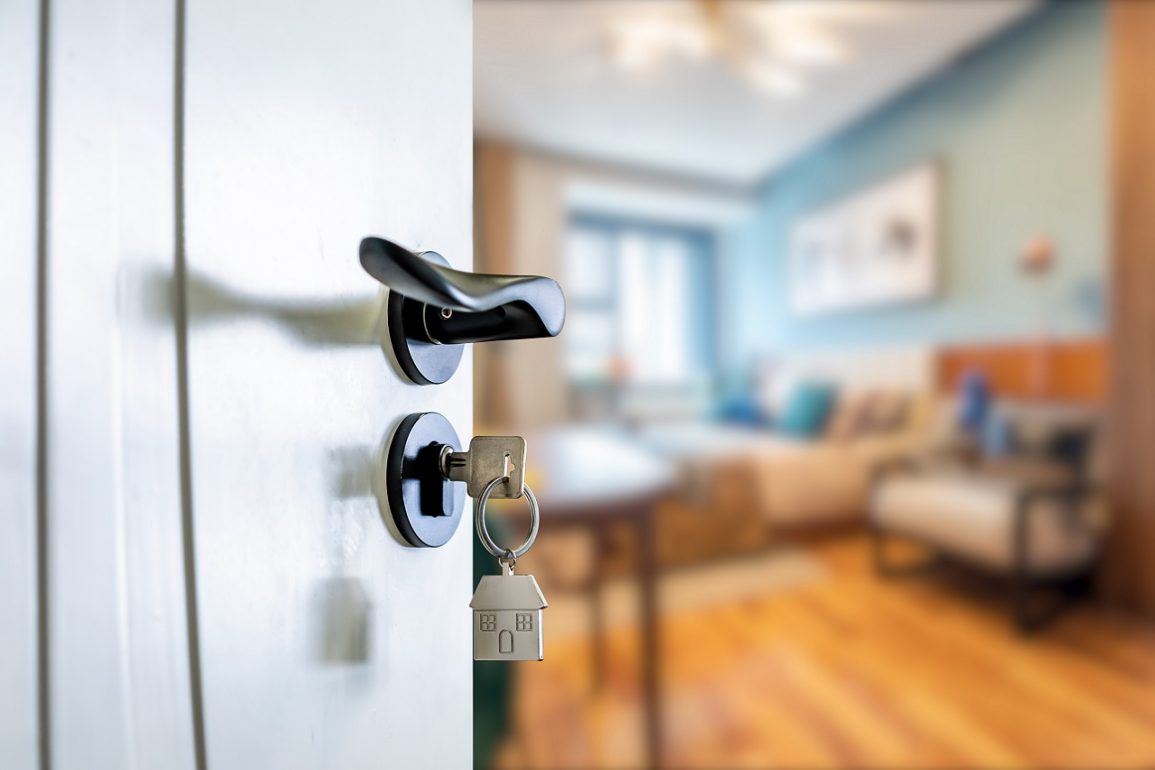With the recent announcement by the governor’s office that real estate open houses are now permissible, local brokerages have had to pivot quickly to establish safety practices and protocols. The state requires brokers to follow and enforce specific regulations when hosting an open house. These include limiting capacity to five people (in addition to the host broker), requiring buyers to sign in for contact tracing, enforcing masking and social distancing, posting signs to notify buyers of the above rules, placing sanitizer around the home and cleaning and disinfecting all surfaces before and after the open house.
Within Windermere, there has been thorough discussion around the question, “When is it appropriate to hold an open house?” The answer uniformly comes down to individual choice, of both the seller (Do they want more people in their home than individual showings had previously allowed?) and of the listing broker (Are they comfortable hosting an open house?). Because one person’s safety priorities may not align with another’s, Windermere is coaching its brokers to determine their own stance on hosting open houses and then to assess their clients’ desires and priorities.
Needless to say, robust conversations have taken place within Windermere offices throughout Seattle and the Eastside. The W Report reached out to key Windermere decision makers to find out how these conversations are unfolding and how the first wave of open houses has gone.
Patrick Chinn, owner and principal broker of Windermere Midtown, said there have been diverse opinions about how to handle the state’s re-authorization of open houses. “First and foremost, our brokers are being really thoughtful and intentional about their safety and that of their clients.” Chinn said he encourages individual brokers to determine their own comfort level with hosting an open house. “Some are taking a wait-and-see approach, some are jumping in to figure out all the safety protocols for their first open house, and some are opting out entirely,” he said.
For Joe Deasy, co-owner of Windermere East Inc., safety is always the top priority. “We had a lot of planning to determine how best to keep people safe,” he said. “There were a lot of emails and a lot of meetings to figure out our best practices for this. From the beginning, our mantra about practicing real estate during COVID-19 has been to ‘go slow and do no harm,’” Deasy noted. “We think the open house protocols we’ve developed match this approach.”
Deasy and Chinn both mentioned the many safety procedures that brokers are implementing during open houses, include posting lots of extra signs outside and inside the home, preparing PPE and sanitation stations for buyers, posting QR codes for touchless flyers and other information and, most importantly, signing in every buyer as a requisite contact tracing measure.
Laura Smith, principal broker and co-owner of Windermere Real Estate Co., noted how many different role-plays she’s had with her brokers in determining how to proceed. “We’ve had to explore a lot of options, like what if I’m comfortable hosting an open house but my seller isn’t?” she said. “Or what if I’m not comfortable and my seller is? And how do I make sure I can sign people in but ensure no pen transfers?” Smith said her brokers have rapidly expanded their use of QR codes for touchless information-sharing with buyers, and she noted that “there’s been a run on our supplies of masks, booties and hand sanitizer bottles.”
Further thought and preparation is going into how to hold a condo open house in a multi-family building. “Condo open houses can be a lot harder for brokers to manage,” Deasy said, “due to the many spaces that are shared with a building’s other occupants, like lobbies, elevators and hallways.”
To address this complexity, Chinn said, “Our brokers first need to determine the HOA’s approach to open houses.” Upon receiving an HOA’s sign-off to host an open house, he emphasized, the listing broker should consider asking another broker to remain at the front door to ensure that social distancing and occupancy requirements are being enforced.
“Pre-COVID, our brokers were trained to be extremely respectful of the vertical neighborhood,” Chinn said, “and this same caution is informing our current approach.”
All three owners were able to report early findings from the first open houses held after the state’s re-authorization. Smith noted that because the majority of sellers with current listings have moved out permanently or temporarily, “there’s decent receptivity to the idea of holding their homes open.”
Smith and Chinn have both heard from brokers holding Seattle open houses that things proceeded smoothly in the limited first wave of open houses.
“Buyers were extremely grateful for the contact tracing,” Chinn reported. “Brokers told me that everyone is social distancing and fully masked up. With our sellers and brokers on the front lines with this, it’s a relief everything has gone so well.”
On the Eastside, Deasy’s brokers told him that buyer cooperation with the strictly enforced rules “was fantastic, down to the last person.” He mentioned two brokers who made sure to let the neighbors know in advance that they were hosting an open house. “They discussed all the safety protocols and apparently that was incredibly well received,” he said.
“Right after that first weekend, a handful of our sellers got offers from folks who had made it to the open house,” Deasy said.



